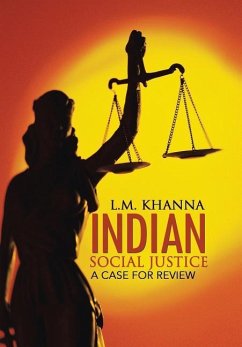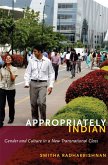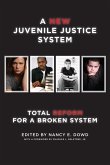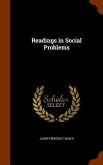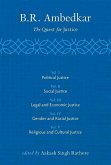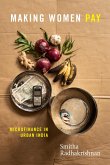1990 was a year of severe turmoil in social history of India. The acceptance of reservations in services for socially and educationally backward classes created protests and a number of young students lost their lives. After a protracted case hearing, in 1992, the Supreme Court severely castigated the Hindu social structure for its lack of egalitarian ethos, four watertight compartments of four Varnas and a fifth of outcastes or Panchama. It blamed it for centuries of discrimination against other backward classes in which the victims were condemned to follow their hereditary occupations. It rejected the notion of equality and said there could be no equality between the unequal. Although much of the literature to contradict the above colonial times versions of Hindu social structure appeared later, there was enough literature to show even in 1992 that Varnas were not four watertight compartments; the theory of caste occupation nexus did not have universal support; and for ages there had been nothing lower than once born Shudra. This book is an effort to answer, what constituted the Hindu social structure; what were its essences and what aberrations and constructs, and how the law got misapplied in post-independence India.
Hinweis: Dieser Artikel kann nur an eine deutsche Lieferadresse ausgeliefert werden.
Hinweis: Dieser Artikel kann nur an eine deutsche Lieferadresse ausgeliefert werden.

